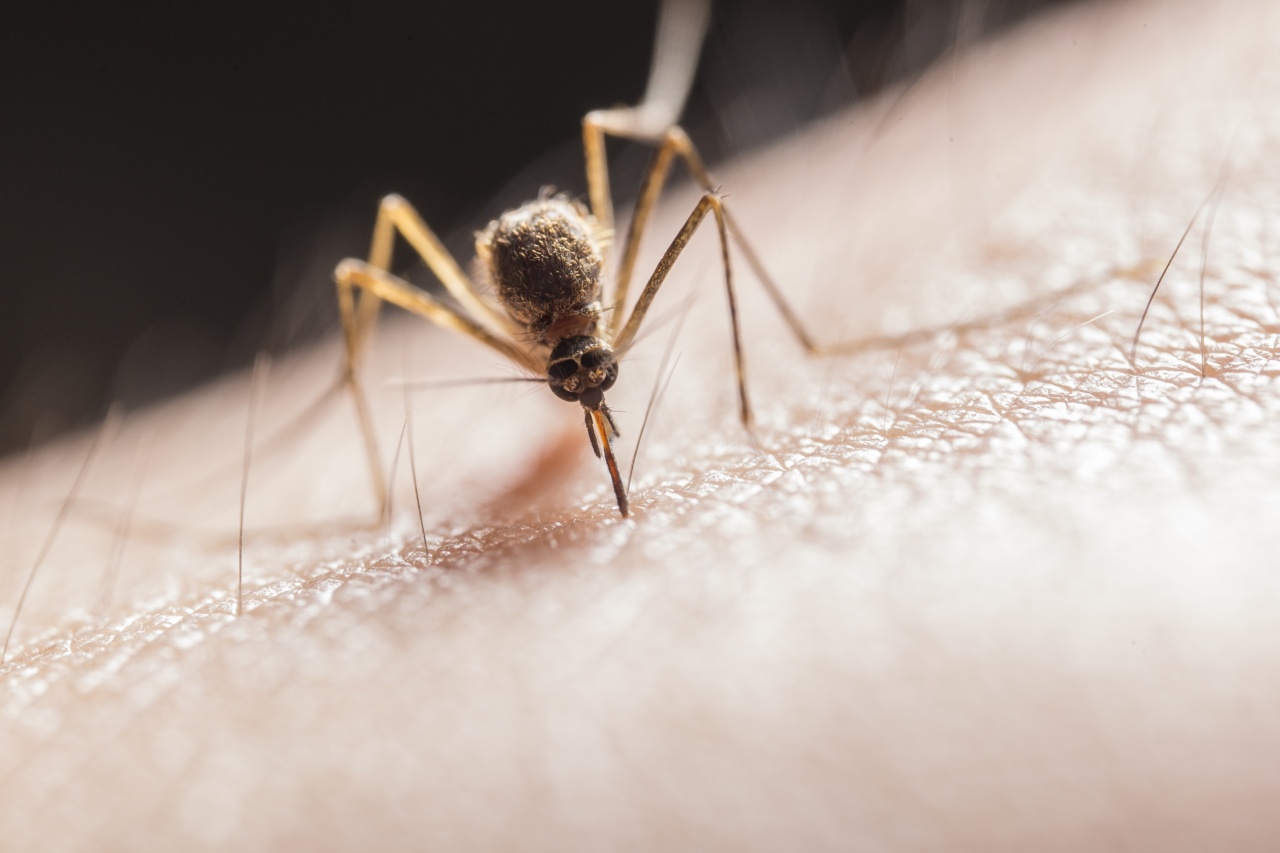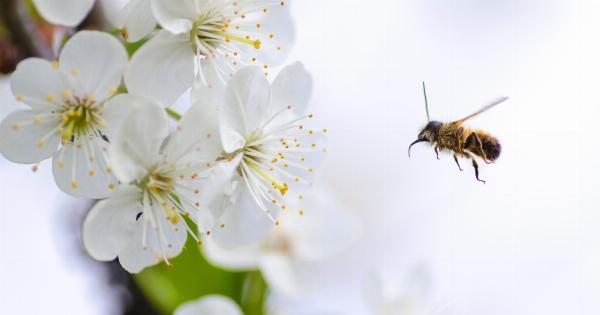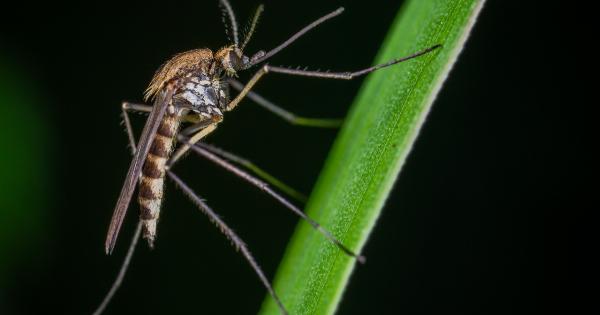Spending time outdoors during the summer months can be enjoyable, but it can also result in insect bites. Insect bites can cause irritation, pain, and in some cases, infections.
It’s important to know how to identify and treat insect bites to prevent further complications. In this article, we’ll discuss the most common types of insect bites, how to identify them, and how to treat them.
Mosquito Bites
Mosquito bites are one of the most common types of insect bites. They are usually harmless, but in some cases, they can lead to severe allergic reactions. Mosquito bites appear as small, raised, red, or pink bumps on the skin. They can be itchy and painful.
To treat mosquito bites, clean the affected area with soap and water, apply a cold compress to the bite, and use over-the-counter anti-itch creams or ointments. If you experience severe symptoms such as hives, difficulty breathing, or swelling of the face, seek medical attention immediately.
Bee and Wasp Stings
Bee and wasp stings are another common type of insect bites. They can cause intense pain, swelling, and redness in the affected area. In some cases, people may experience severe allergic reactions to bee and wasp stings.
To treat bee and wasp stings, remove the stinger if it’s still in the skin, clean the area with soap and water, apply a cold compress, and use over-the-counter pain relievers and anti-itch creams or ointments. If you experience severe symptoms such as difficulty breathing, hives, or swelling of the face, seek medical attention immediately.
Tick Bites
Tick bites are more prevalent in wooded and grassy areas. They can be dangerous if they are not treated properly because ticks can transmit diseases such as Lyme disease.
Tick bites may appear as a small red bump or a bull’s eye rash at the site of the bite. To treat tick bites, remove the tick with tweezers by grasping it as close to the head as possible and pulling it straight out. Do not twist the tick because it can break off and leave the head in the skin.
Clean the area with soap and water and monitor it for signs of infection. If you experience flu-like symptoms within a couple of weeks after the bite such as fever, headache, fatigue, and muscle and joint pain, seek medical attention immediately.
Spider Bites
Spider bites can result in itching, redness, swelling, and pain in the affected area. Venom from spiders such as black widow and brown recluse can be dangerous and even life-threatening.
Symptoms of spider bites include fever, muscle cramps, dizziness, and nausea. To treat spider bites, clean the area with soap and water, apply a cold compress, and use over-the-counter pain relievers and anti-itch creams or ointments. Seek medical attention if you experience severe symptoms.
Chigger Bites
Chigger bites are more common during the summer months in humid, grassy areas. They appear as small, red, itchy bumps on the skin.
To treat chigger bites, clean the area with soap and water, apply a cold compress, and use over-the-counter anti-itch creams or ointments. Avoid scratching the bites because it can lead to infection. If you experience severe symptoms such as fever, seek medical attention immediately.
Flea Bites
Flea bites are more prevalent in households with pets. They appear as small, red, itchy bumps and can occur anywhere on the body.
To treat flea bites, clean the affected area with soap and water, apply a cold compress, and use over-the-counter anti-itch creams or ointments. Wash your bed linens, clothes, and pet bedding in hot water to prevent further flea infestations.
Avoiding Insect Bites
The best way to avoid insect bites is to take preventive measures. Wear long-sleeved shirts and pants when spending time outdoors, use insect repellents, and avoid areas with high insect activity.
Check yourself and your pets after spending time outdoors, and remove any ticks or other insects you find.
Conclusion
Insect bites can cause discomfort and even lead to severe allergic reactions and infections. It’s important to know how to identify and treat insect bites to prevent further complications.
By taking preventive measures, you can avoid insect bites and enjoy your time outdoors during the summer months.




























